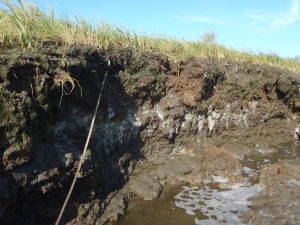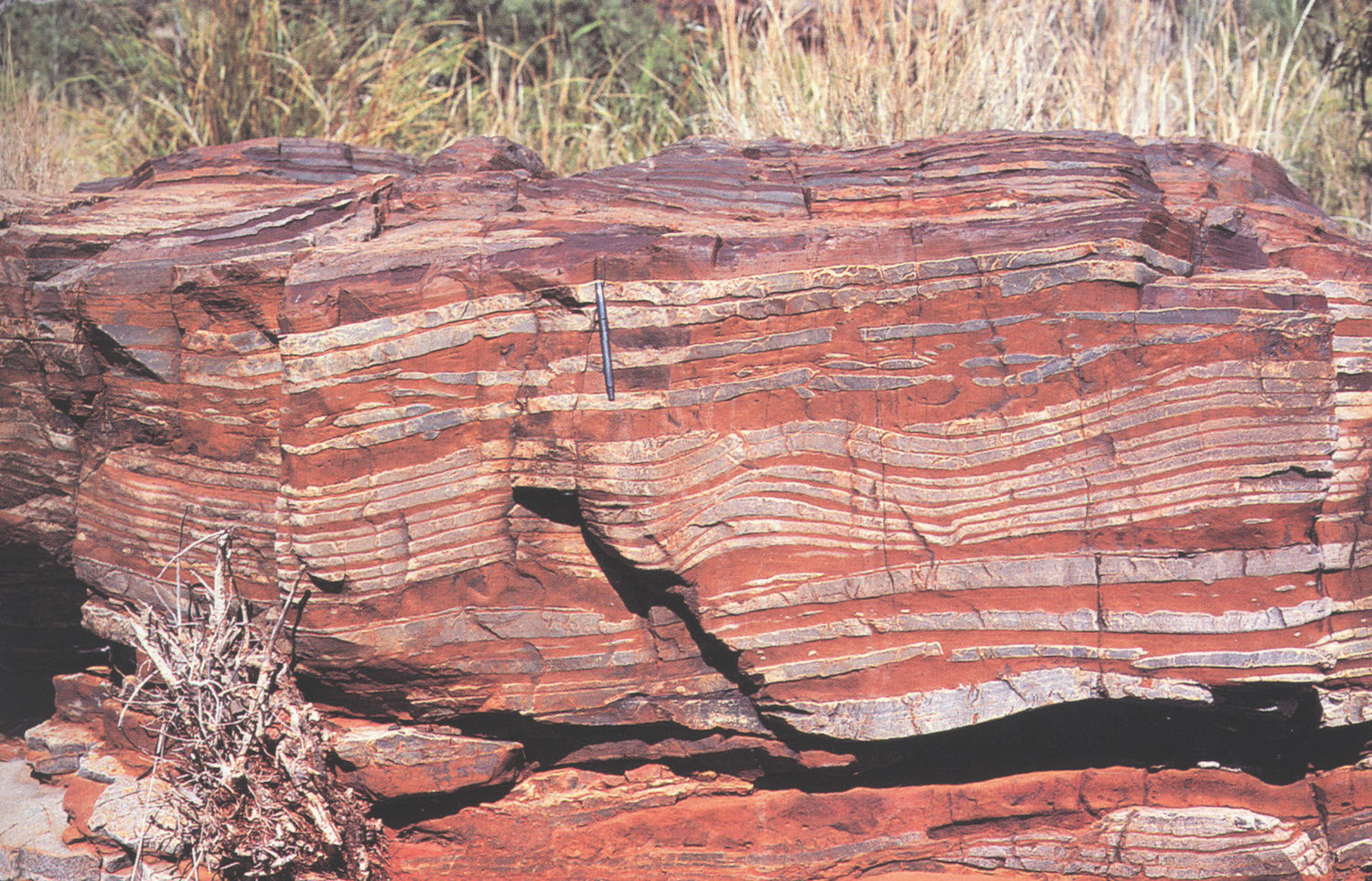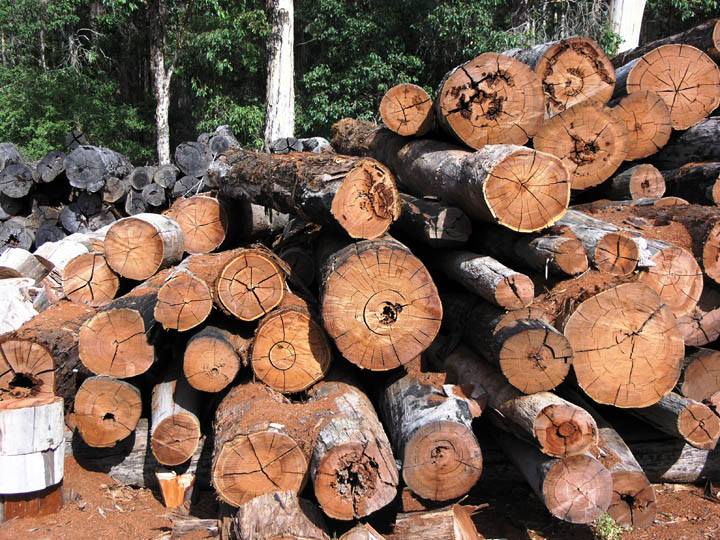
Halogens: A Gaseous Peek into the Earth’s History
Understanding the historical prevalence of elements on Earth offers us insight into the processes that led to our planet’s development. One such group of elements

Understanding the historical prevalence of elements on Earth offers us insight into the processes that led to our planet’s development. One such group of elements

Seven billion people share one percent of Earth’s water. What’s more worrisome: our demand for freshwater increases every day. Advances in desalination have promised access

Wiggle your fingers. There should be ten of them. Now wiggle your toes. Still ten, right? We’re obviously not the only species that have digits.

Due to human activity, carbon dioxide levels in the atmosphere continue to rise, contributing to increased global temperatures, rising sea levels, and other devastating environmental

“I had no idea what I wanted to do—what does a computer scientist do with forests?” As it turns out, John Aber (BK ‘71, M.F.S.

How much do you think about algae? Unless you regularly eat seaweed snacks, likely not much. However, algae—albeit green and slimy—is more than meets the

Earth is remarkable in countless ways, but particularly for providing a home to the only known living creatures in the universe. That Earth has the

Jorge Silva Leon and a team of researchers at the University of Manchester recently published a paper in Applied Energy on a technology that generates

Have you ever experienced an earthquake? Because many earthquakes are small and can go by unnoticed, the answer for most people is yes. A common

When we think about bacteriophages, we don’t typically think of cooperation. Commonly represented with six legs and a big “head”, bacteriophages can look more like

Forest fires, while harmful for individual plants, offer restorative benefits for an ecosystem. Flammability, therefore, may be an example of group selection, a process by

Pangea is Earth’s most well-known and recent supercontinent. It began to break apart only around two hundred million years ago, but the history of Earth’s